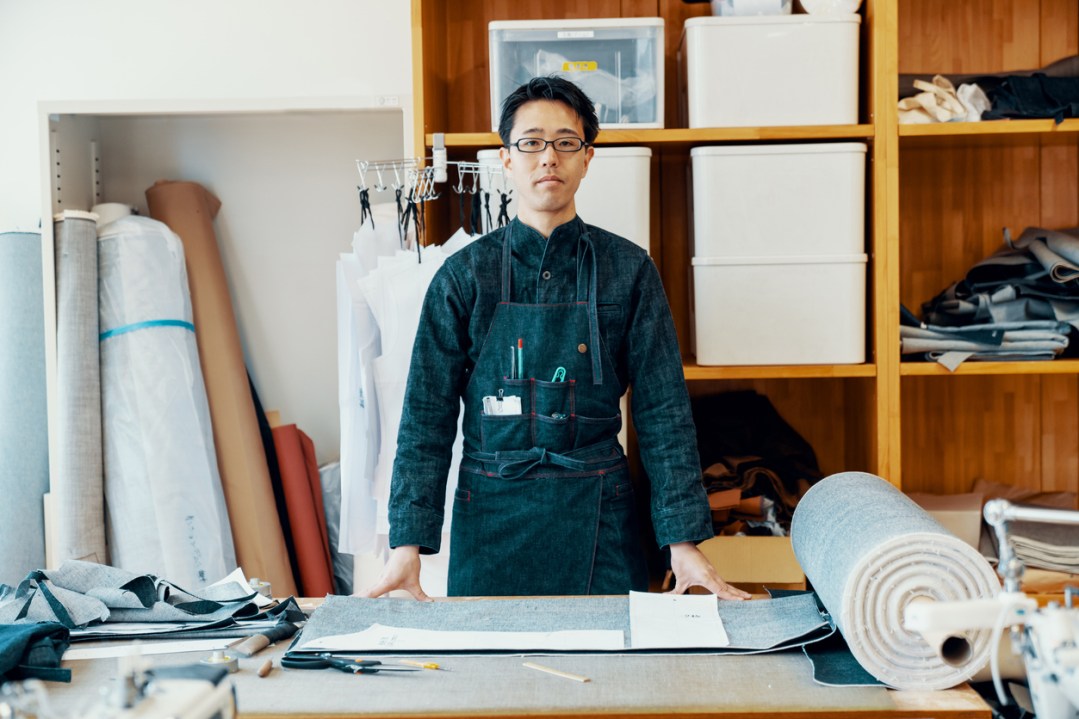(personal underlines)
(LBC - it's not a matter of fashion as it is in the West. It's a matter of way of being. Got it?...)
Why Japan is best at whisky, tailoring, cheese, pastries… I could go on
The country is more than happy to appropriate

Many people visit Japan because of its food but few, surely, have pastries in mind. In fact, Japan has no discernible tradition in this culinary realm at all. But that didn’t stop a trio of Japanese bakers from winning the biannual pastry world cup, pushing the fancied host nation France into a chastening second place.
Japan won last time too and thus became the first country ever to retain the title, which you might suppose would make this big news here in Tokyo. But the media has hardly mentioned it, probably because this kind of national stereotype-busting triumph is becoming quite normal.
For example, Japan, believe it or not, is now one of the best countries in the world for pizza, especially the Neapolitan version. The trend began in 2010 when Akinari Makishima of Nagoya became the world champion pizza maker, beating off 150 competitors from Italy, Spain and the US in the process.
Japanese confectioners are now among the world’s best, with the chocolate shops of Kyoto gaining international renown. Even Japanese cheese, in a country hardly known for its dairy products, has won prizes. The Camembert-like Sakura variety from Hokkaido was once awarded the gold medal at the Mountain Cheese Olympics in Switzerland.
As for drinks, a Japanese Scotch first beat out the home-grown versions in 2014, with one judge remarking on Suntory’s Yamazaki single malt’s ‘near-indescribable genius’. And that was no fluke. Last August, in the so-called Judgement of Glasgow, a panel of hard-drinking Glaswegian whisky experts gave Japanese varieties the nod in three out of five categories. Oh, and the world’s best bartender and champion cocktail shaker is… Japanese.
It is not just food and drink. Japan has taken on the international masters at their own game in menswear. If you fancy a pair of bespoke shoes, the best in the world may not be found in Savile Row or Mayfair but Shibuya ward in Tokyo, home to the atelier of Yohei Fukuda (check out his website – if there is such a thing as shoe-porn, this is it).
Similarly, probably the best men’s bags in the world are to be found in Paris, but made by a Japanese designer, Satoru Hosoi. As for suits and coats, Kotaro Miyahara of Sartorio Corcos of Florence has a cult following and years-long waiting list.
Why are the Japanese so good at acquiring these highly specialised skills? Partly it is the deeply ingrained stoical work ethic. The Japanese will graft, often for little money, for years on end, and put up with pretty Spartan conditions in the process. Yohei Fukuda, for example, lived in a dismal homestay in London with a family who often didn’t pay the electricity bills, which meant frequent power outages. He was also burgled twice but stayed the course, getting a job at master shoemakers John Lobb before coming home and going it alone.
The Japanese are also phenomenally dexterous, which may be a consequence of all those annoying, fussy procedures that must be mastered to function in Japanese society – the tea ceremonies, the exacting way you are expected to wrap gifts, the rules governing angles and durations of bowing. I often wondered if they might be more trouble than they were worth. Perhaps they are.
I couldn’t quite see the value of spending the thousands of hours necessary to master the precise strokes of the 2,000 Kanji required for basic literacy, or the care and effort needed for chopsticks when spoons, forks and knives were available. Nor could I quite appreciate the time and trouble the Japanese would take over assembling their character bentos – the very precise lunchboxes that wives often make for their husbands – or seasonally decorated hand-crafted sweets, wagashi. And as for origami… why bother?
But then I had a eureka moment – or a Socrates moment, perhaps – for it was the philosopher’s choice of Xanthippe for a wife, reputedly the most difficult, sharpest-tongued woman in Athens, that gave me the answer. The difficulty is the point. As Socrates said when asked why he had chosen such a trying woman, he replied: ‘If I can put up with her, I can put up with anyone.’ So, mastering Kanji prepares you for the arduous journey required for the acquisition of any artisanal skill.
There is a historical parallel to all this. Arguably, the way the Japanese have gone out into the world and brought back technical mastery reflects the way modern Japan came into being. In the 19th century, as Japan reinvented itself upon the close of its 250-year period of isolation, emissaries were dispatched around Europe to cherry-pick the best examples of modern governance, which were then replicated in Japan. Thus, the French gendarmerie, the German education and legal systems, and the British parliamentary system were incorporated into the reborn Meiji Japan. It is still going on. Artisans, chefs and tailors are the new emissaries – the new cherry-pickers. It’s a Japan First strategy, courtesy of the rest of the world.
Sem comentários:
Enviar um comentário